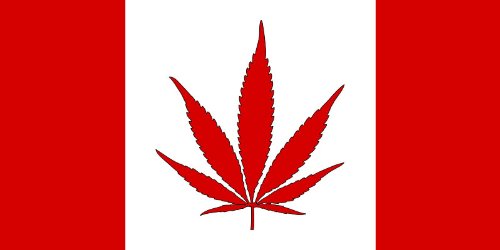In the Financial Post, William Watson points out the weirdness of Ontario’s decision to delay the opening of legal cannabis stores until next Spring:
For several years now, dozens of dispensaries have been operating quite openly. (They call themselves dispensaries to further the narrative that, like your grandmother’s rye, marijuana is for medicinal purposes.) Only now, with pot use becoming legal, are these dispensaries being shut down — although Toronto’s chief of police says not right away, as he doesn’t have [the] person power to do it all at once.
If they don’t shut down, they may forfeit their chance at a licence to sell pot legally once licensed retail operations do finally start in the province on (when else?) April 1st of next year — 166 days after legalization. Why would they not be granted a licence? Not because they trafficked in marijuana when its use was strictly illegal, if seldom prosecuted. But because they continued to traffic in marijuana after it became legal but before the government gave them a licence, an offence that will be prosecuted slowly, if at all.
Silly me. I thought marijuana legalization would simply say that after a certain date the police wouldn’t arrest you for having such-and-such an amount of marijuana in your possession. End of story.
[…]
Countrywide, as the Financial Post’s Vanmala Subramaniam recently reported, a big roadblock to timely legal supply has been the need to seal products with federal excise revenue stamps. But there’s only one supplier and the stamps come without adhesive. Stamps! In 2018!
In American movies of the 1930s and 1940s, moonshiners and bootleggers waged war against “revenuers,” federal agents charged with levying excise taxes on booze. It seems the revenuers have now taken charge of Canada’s marijuana industry. You might plausibly argue that the former illegal market operated in the interests of consumers. There seems little doubt the new legal market will operate in the interest of governments, their unions and their revenue departments.
When cops did enforce the country’s no-toking laws, they could plausibly tell themselves they were doing it to protect young people and other innocents. Now when they enforce the laws they’re doing it to protect legally privileged producers against producers who find themselves offside with often arbitrary licensing laws. Protecting kids was one thing. Protecting cartels is quite another.




